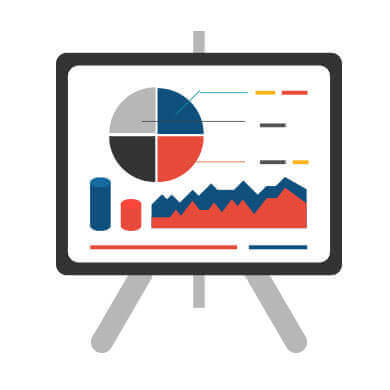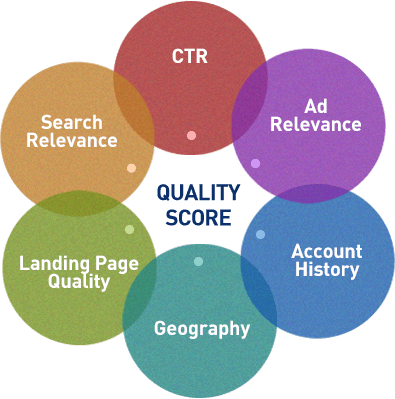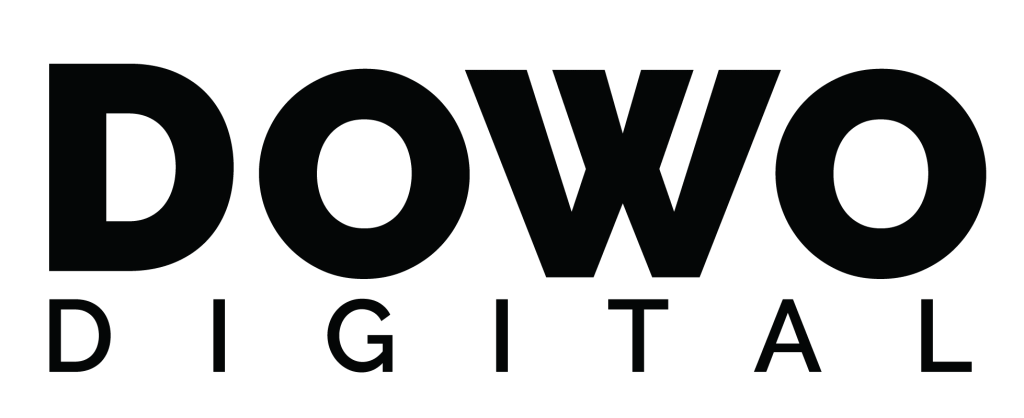Advertising on Google used to be a simple case of creating an ad, bidding on a keyword and counting the money coming in. Since those days, the competition has become more competitive, bidding has become less cost-effective and Google has added more features than you’re likely to find on an an average rocket.

There is still a lot of money to be made though if you approach it correctly. Here, I will detail the five most important factors businesses, small and large, can leverage in order to increase their ROI.

Content
“Content is King”, as the old saying goes, also applies to PPC, perhaps more so, because it can have a dramatic influence on your spending. In SEO for example, your content is the primary factor in determining your search engine ranking. In PPC though, things are a little different. The quality of your content directly influences the visitors engagement factor. Imagine a scenario where you’re bidding on the keyword “chips” as your business sells light snacks, chips could also reference computer chips. Unless you’re specific with your keywords, you could get a lot of irrelevant clicks on your ad, costing you money and just as importantly, reducing your engagement factors. Google looks at the average time a visitor spends on your site, the average number of pages viewed and your bounce rate (the percentage of visitors that exit your site having viewed only one page) as a means of determining the quality of your ads. Your content needs to be relevant to what you do.
Quality Score
The relevance of your ad to your content and to the keyword you’re bidding on are the three factors that determine your quality score. With good content, a relevant keyword and an ad that encourages valuable clicks, you should be hitting a lot of 8/10s and above. People ask me what are the real benefits of having a high quality score and why a lot of emphasis should be placed on it. The answer is simple, Quality score influences the amount you pay for a keyword. I’ve had cases where a score of 9/10 costs 40% less than one ranked 7/10. As an agency, if you’re not dedicating half of your time to increasing quality scores for your clients, you’re shooting yourself in the foot. A secondary benefit of a high quality score is that your ads are given precedence, they are shown more often. The higher the “quality” of the ad then the more relevant this is seen to the search query. Google always wants to provide the best user experience by providing the most relevant content.

Refining
Once your ads are up and running, the first few weeks should be spent split-testing your ads, trying subtle changes to increase your click-through rate, increase your quality score and purge your campaign of under-performing keywords. This time should also be used to ascertain the best price to pay for your keywords. I’ve seen examples of people entering a bidding war due to the necessity to “own” a keyword, I’ve seen the same people pull out two months later due to uncontrollable costs. One of the many benefits of Adwords is that you can do a lot of competitor research. Google does allow you to see how you’re doing in comparison with your competition and you should keep a close eye on it. It doesn’t feed through until roughly 2 months into the campaign, but when it does, you can see their average position, their impression share and the amount of time they spend at top spot. Using this, you can easily judge the keywords that are subject to a bidding war. If the top two competitors are paying $10 per keyword and you can pick up position 3 for $1, why would you not do it?
Remarketing
This is the practice of showing a tailored ad to someone who has already clicked through to your site in the past. Using the visitor flow data in Google Analytics, you can track your visitors movements through your site, this data is useful when determining exactly where they exit and then pitching to them based on their previous actions. Say for example they exit your site on the “view our prices page”, ask yourself why they would do that, are your prices too expensive? Well one thing we can do about that is to pre-qualify your visitor by placing a price range on the ad, but using remarketing, we can show them a tailored ad offering a discount. Maybe they left on the shipping page, do you really need to charge shipping? If not, then offer them free shipping for a limited time. You can use re marketing to placate any worries they have if you can define why they left your site.
Up scaling
The main benefit to PPC is the ability to define profit. You’ll already have defined a conversion rate on your site and know what the average sale price is, from this, you can work out exactly how much each visitor is worth. If your conversion rate is 5% then one in 20 buy from you and the average profit on a unit is £40 so 20 visitors = £40. Divide the profit by the visitors and your average profit per visitor is 40/20 (£2). Now you have your average profit per visitor, you know how much you can bid on a keyword. Even if you bid up to £1.80, the 20 pence profit can be massively unscaled to a point where you’re earning in the thousands. This up scaling issue is key to a good campaign. If you have the data to confirm your conversions rates then nothing can stop you from taking a massive profit from PPC. Keeping your quality score high will ensure you pay less per keyword and make more profit. There is one word of warning though about up scaling, traffic is a finite resource. You can’t get more traffic than is actually searching for your keyword, so you might hit a peak if the traffic levels are low, meaning you would need to bid on different keywords. For this reason, larger budgets cost, on average, more per click than smaller budgets. This is because smaller budgets can have a much narrower range of keywords than a large budgeted campaign necessitates, but also because you can deliberately under-bid on keywords knowing you’re still likely to hit your daily budget anyway.
Following this advice should ensure your maintain and increase your profit margin.
If you want to learn more or speak to one of our experts about starting your own PPC campaign then get in touch today.

